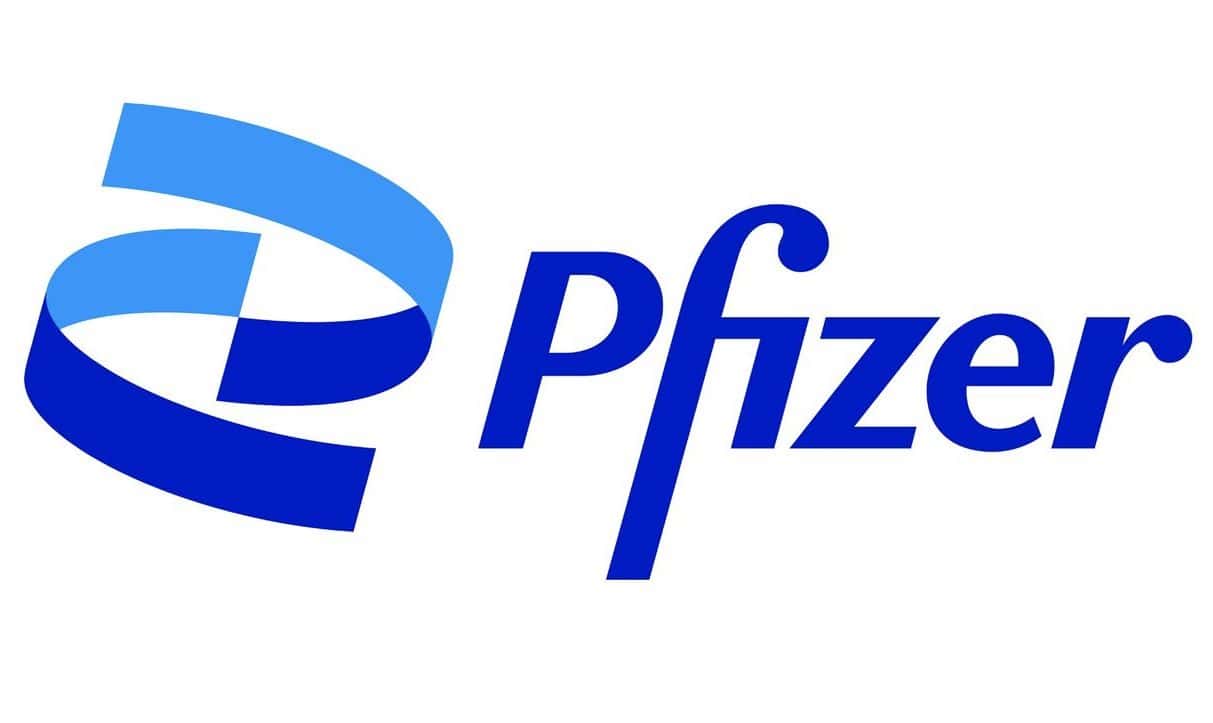
The US Food and Drug Administration (FDA) has issued an alert for Pfizer’s JAK inhibitor Xeljanz after preliminary results from a clinical trial raised new safety concerns.
The results from the post-market study showed that there was an increased risk of serious heart-related problems and cancer associated with Xeljanz (tofacitinib) when compared to TNF inhibitors like AbbVie’s Humira (adalimumab).
Xeljanz is approved in the US for use in adults with rheumatoid arthritis (RA) who have not responded well to methotrexate treatment.
It is also approved to treat patients with psoriatic arthritis who have not responded well to prior methotrexate treatment and ulcerative colitis.
When the FDA first approved Xeljanz, it required Pfizer to complete a safety clinical trial in RA patients to evaluate the risks associated with the drug.
This trial studied two doses of Xeljanz. One dose was of 5mg twice a day, which is the approved dosage. The other dose was a higher dose of 10mg twice a day.
The trial included patients who were at least 50 years old and had at least one cardiovascular risk factor.
In 2019, the FDA released a formal warning in response to initial results that showed an increased risk of blood clots and death with the higher dose.
At that time, the US drugs regulator issued a black box warning to the prescribing information for Pfizer’s drug.
The European Medicines Agency (EMA) also published a warning for Xeljanz, adding that any dose should be prescribed with caution for patients who have a high risk of developing blood clots.
However, the final analysis has demonstrated even more cause for concern.
In the ORAL Surveillance study, 98 cases of cardiovascular events were observed among Xeljanz patients, compared to 37 in the TNF inhibitor group.
In addition, 122 patients receiving Xeljanz treatment developed cancer, versus 42 for those taking TNF inhibitors.
“Providing information on the safe and effective use of our medicines is imperative,” said Tamas Koncz, chief medical officer, inflammation and immunology at Pfizer.
“We believe that extensive additional analyses of this study data, and communicating them as soon as possible, will further clarify the benefit and risk profile of Xeljanz to help inform medical decision-making and patient care,” he added.
The FDA has said that it will evaluate the final results from the safety trial and seek to ‘obtain further information’ from Pfizer.
“We will communicate our final conclusions and recommendations when we have completed our review or have more information to share,” the FDA added.




